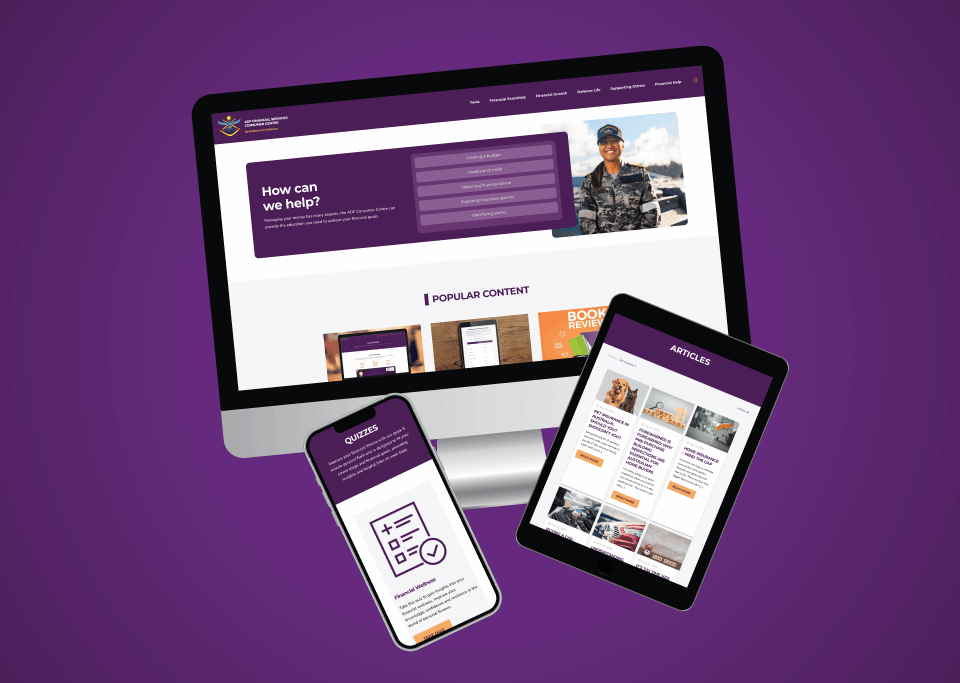
Two actions to take before choosing a Financial Adviser
April 8, 2021
Salary packaging – things to consider before you do
May 18, 2021Salary packaging is part of the ADF employment offer, but what is it, and how do you know if it’s right for you? In this article, we are going to explore what salary packaging is and some of the things to think about before you decide to do it.
Let’s start with how it works.
Salary packaging, also known as salary sacrificing, is an arrangement with your employer where certain items or benefits can be paid for out of your pre-tax salary. This reduces your taxable income and therefore reduces your income tax payable.
The types of things you can salary package will usually fall into one of three categories: fringe benefits, exempt benefits, and super.
Fringe benefits
A fringe benefit is a non-cash benefit you receive from your employer, instead of salary, on which your employer is liable to pay fringe benefits tax (FBT). Common types of fringe benefits include:
- Cars
- Assets such as property, shares or other goods
- Expense payments, such as loan repayments, school fees, childcare costs or household expenses
- Super contributions to someone else’s super fund, for example, a spouse’s super fund.
An employer may require an employee to make an after tax contribution to reduce or eliminate the employer’s FBT liability. For example, Defence members that salary package a motor vehicle will be required to make an after tax employee contribution, in addition to the salary sacrificed amount so that no FBT will be payable by Defence.
Exempt benefits
Exempt benefits are those that do not attract FBT and therefore can be purchased with pre-tax income without the need for an after-tax contribution. This is primarily because they are considered ‘otherwise deductible’, which means if you bought them privately, and they are work-related, you would usually be able to claim a tax deduction for them anyway.
Exempt benefits are limited to items that are work-related and you can usually only purchase one item each FBT year if items have substantially the same function, for example, a laptop and a tablet. Exempt benefits include:
- Portable electronic devices
- Computer software
- Protective clothing
- A briefcase or service handbag, and
- Tools of trade.
Superannuation
Salary sacrificing into super can be a tax-effective way of boosting your super balance and increasing your retirement income. Even though salary sacrificed super contributions are taxed by the fund at 15% when they are received, that’s probably much lower than your marginal tax rate. Most ADF members will have a marginal tax rate of at least 32.5%, possibly higher, so salary sacrificing into super could equate to a significant tax saving. Investment returns in the fund are also taxed at a maximum of 15%, and may be lower depending on your investment option.
For MSBS members, salary sacrificed super contributions do not count towards your maximum benefit limits.
Members with an accumulation fund, like ADF Super, may be able to use personal super contributions towards a deposit on your first home, under the First Home Super Saver (FHSS) scheme.
Generally speaking though, your super will be preserved until you meet a ‘condition of release’, which for most people is turning age 60 and leaving an employer. This means your money will be locked away until you are eligible to access it in the future.
There’s more on the topic of salary sacrificing at ATO and about it in the context of military superannuation at csc.gov.au.
OK, how do I assess if it’s right for me?
In part two, we discuss some of the considerations for deciding whether to salary package or not.








